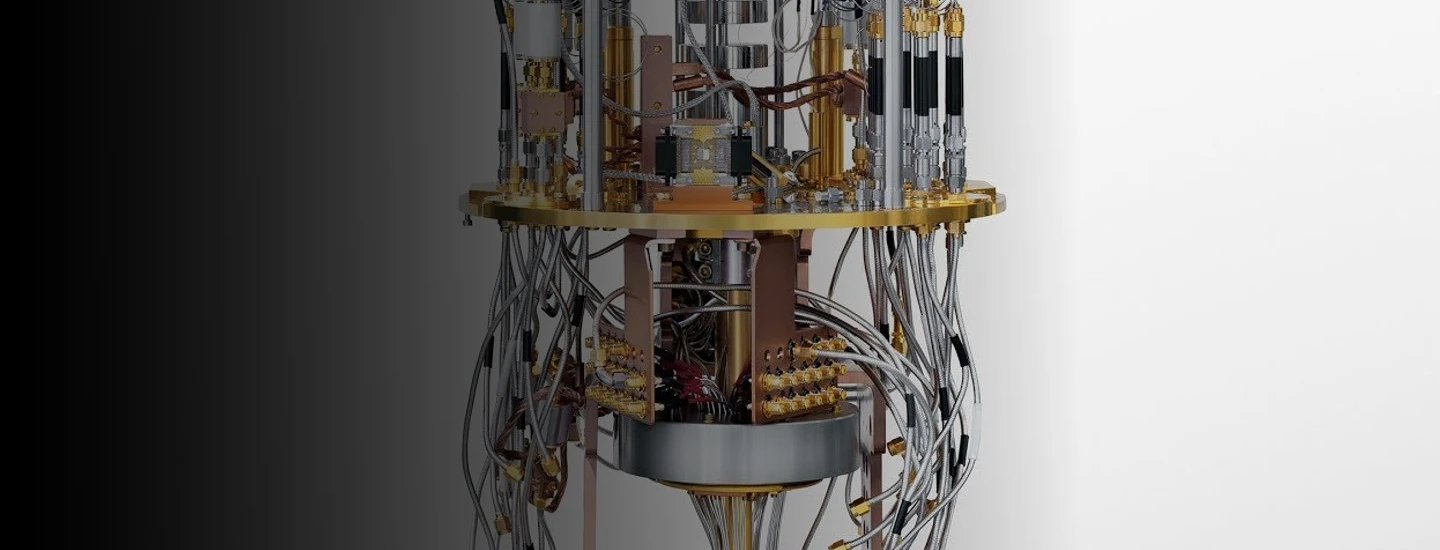Quantum Computing is becoming the next big technology arms race, with many companies such as Google and IBM vying to win in this latest technology gold rush.
However, there is good reason to believe that this could be a watershed moment for computing.
Currently all computing systems use bits, which are like tiny switches that can be either on or off - represented by zero for off - and one for on. Every computing application, system or software you use today is made up of millions of these bits in some combination of ones and zeros.
However, instead of bits, quantum computers use qubits. Qubits can be on or off at the same time or somewhere on a spectrum between the two.
This is much like flipping a coin. If you flip it, the outcome can be heads or tails (bits). But, when the coin is spinning in the air it could be either heads or tails, you won't know until it stops flipping (qubit).
The power of quantum is that a qubit allows for uncertainty.
While today this is mostly an academic exercise the goal is to create a quantum computer that can do something commercially useful.
The hope is that quantum machines could one day solve problems that today require unimaginable amounts of brute-force computing power. Problems such as modeling complex molecules to help discover new drugs and materials, or optimizing city traffic flows in real time to reduce congestion, or making longer-term weather predictions, are all good candidates for quantum.
The trouble is that at the moment you need a crystal ball to predict what the first commercial application will be or how far into the future this breakthrough will be.
